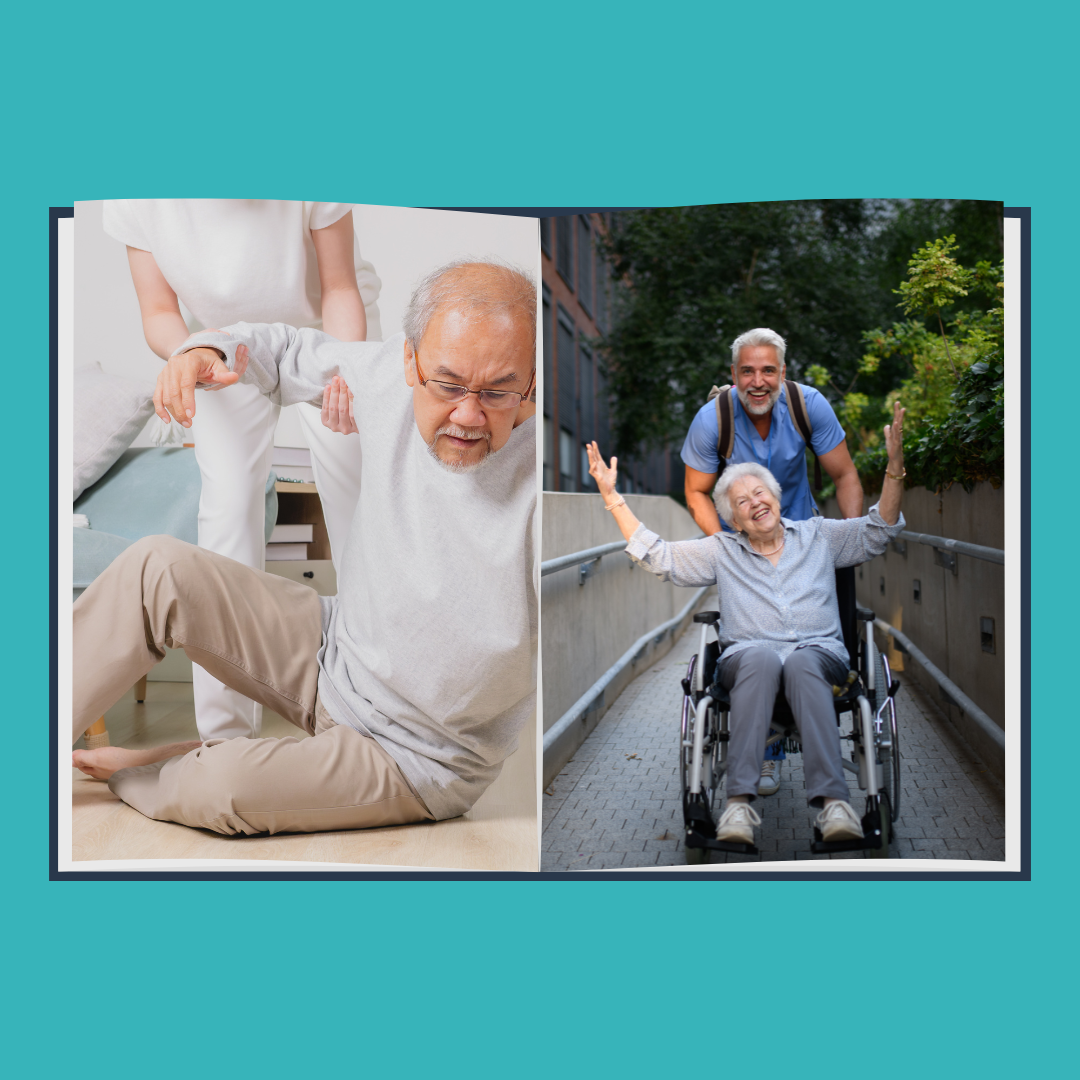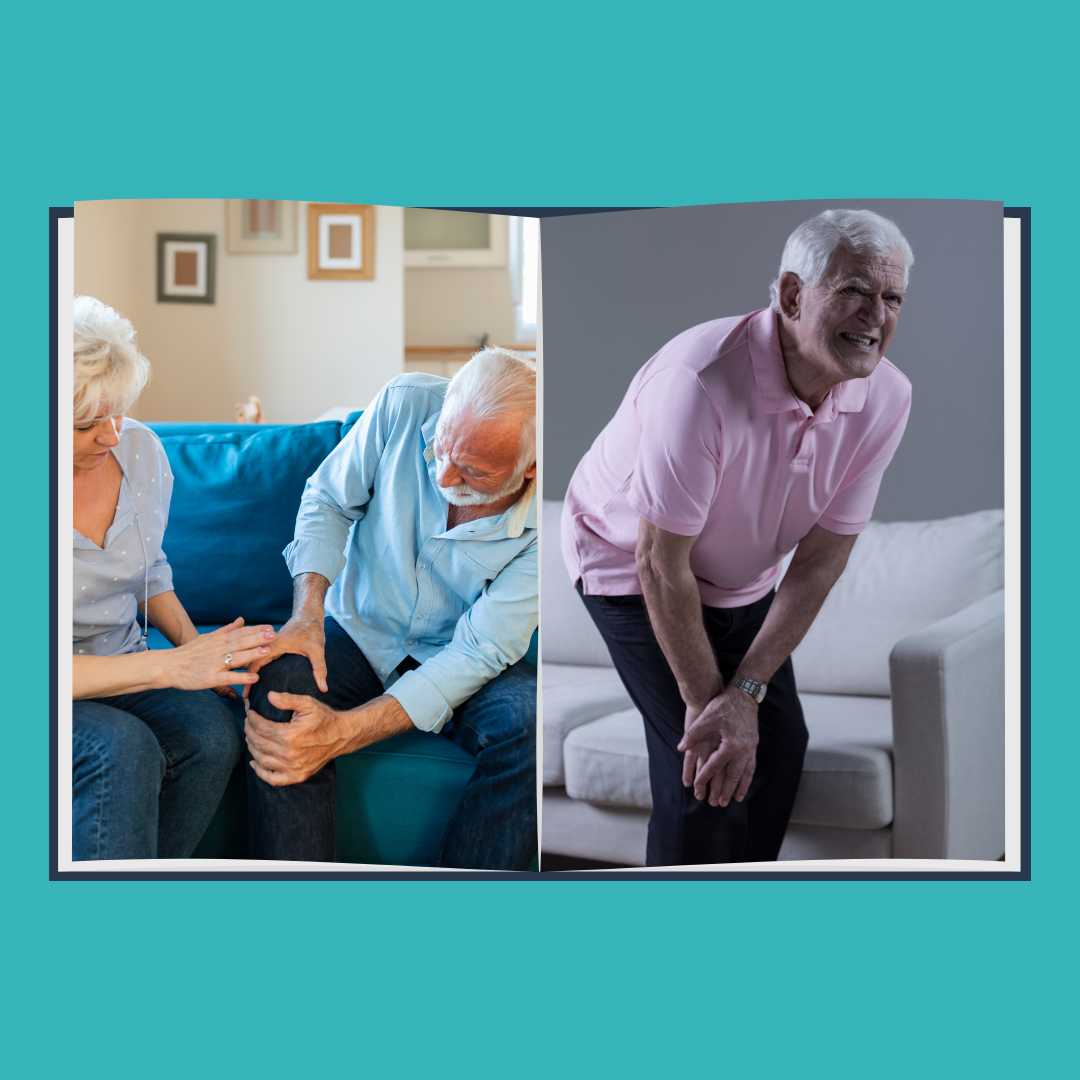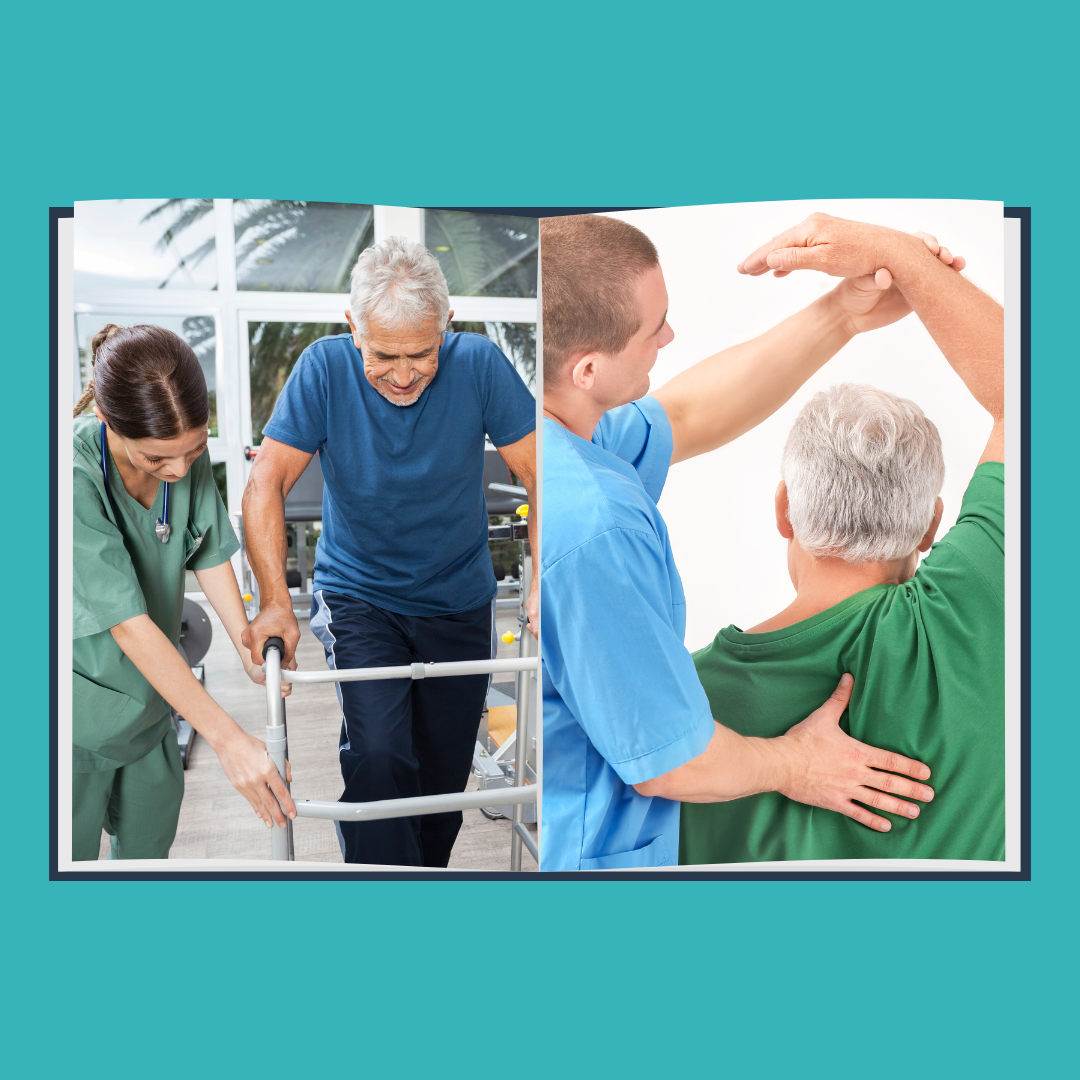New Paragraph
Understanding Fall Risk in Senior Citizens:
The Imperative for 24-Hour Care
Introduction:
Aging is a natural part of life, bringing with it various challenges and considerations, one of the most prevalent being the increased risk of falls among senior citizens. Falls can have serious consequences for older adults, often leading to fractures, hospitalizations, and a decline in overall well-being. In this comprehensive article, we delve into the reasons behind the heightened fall risk in seniors and why 24-hour care by caregivers is crucial in ensuring their safety and quality of life.
I. The Escalating Fall Risk:
As individuals age, several factors contribute to an elevated risk of falls. Declining muscle strength, reduced bone density, impaired vision, and medication side effects are just a few of the elements that make seniors more susceptible to stumbling or losing balance. Chronic conditions such as arthritis and neurological disorders can further exacerbate these risks.
II. The Consequences of Falls:
Falls can have severe consequences for the elderly, ranging from minor injuries to life-altering outcomes. Fractures, particularly hip fractures, are common and can lead to prolonged hospital stays and a significant decrease in mobility. Beyond physical injuries, falls can also result in a decline in mental health, with seniors becoming fearful of falling again, leading to reduced activity levels and social isolation.
III. The Importance of 24-Hour Care:
A key aspect of mitigating fall risks in senior citizens is the provision of 24-hour care by trained caregivers. This constant supervision ensures that immediate assistance is available in case of a fall or emergency. Caregivers are equipped to create a safe living environment, identifying and addressing potential hazards within the home, such as loose rugs, poor lighting, or uneven surfaces.
IV. Medication Management:
Many seniors take multiple medications to manage various health conditions, and these medications can sometimes have side effects that impact balance and coordination. Caregivers play a crucial role in medication management, ensuring that prescriptions are taken as prescribed and monitoring for any adverse reactions that could increase fall risk.
V. Promoting Physical Activity and Exercise:
Caregivers can also facilitate and encourage appropriate physical activities and exercises to enhance strength, balance, and flexibility in seniors. Tailored exercise programs, approved by healthcare professionals, can significantly reduce the risk of falls and improve overall mobility.
VI. Emotional Support:
Beyond physical care, the emotional well-being of seniors is equally important. Fear of falling can lead to anxiety and depression, further compromising their quality of life. Caregivers provide emotional support, companionship, and encouragement, fostering a positive mindset and reducing the psychological impact of fall-related fears.
VII. The Role of Family Caregivers:
Family caregivers, who often play a central role in the care of senior loved ones, may also benefit from 24-hour care services. The constant demands of caregiving can lead to exhaustion and burnout. Having professional caregivers step in to provide continuous support allows family members to take necessary breaks, ensuring they remain physically and emotionally well.
Conclusion:
In conclusion, the fall risk among senior citizens is a significant concern that requires proactive and comprehensive measures. 24-hour care by caregivers is a fundamental component of a holistic approach to senior health, addressing not only the physical aspects but also providing emotional support and promoting a safe and enriching environment. By recognizing and addressing fall risks, we can empower seniors to age gracefully and maintain a high quality of life.









